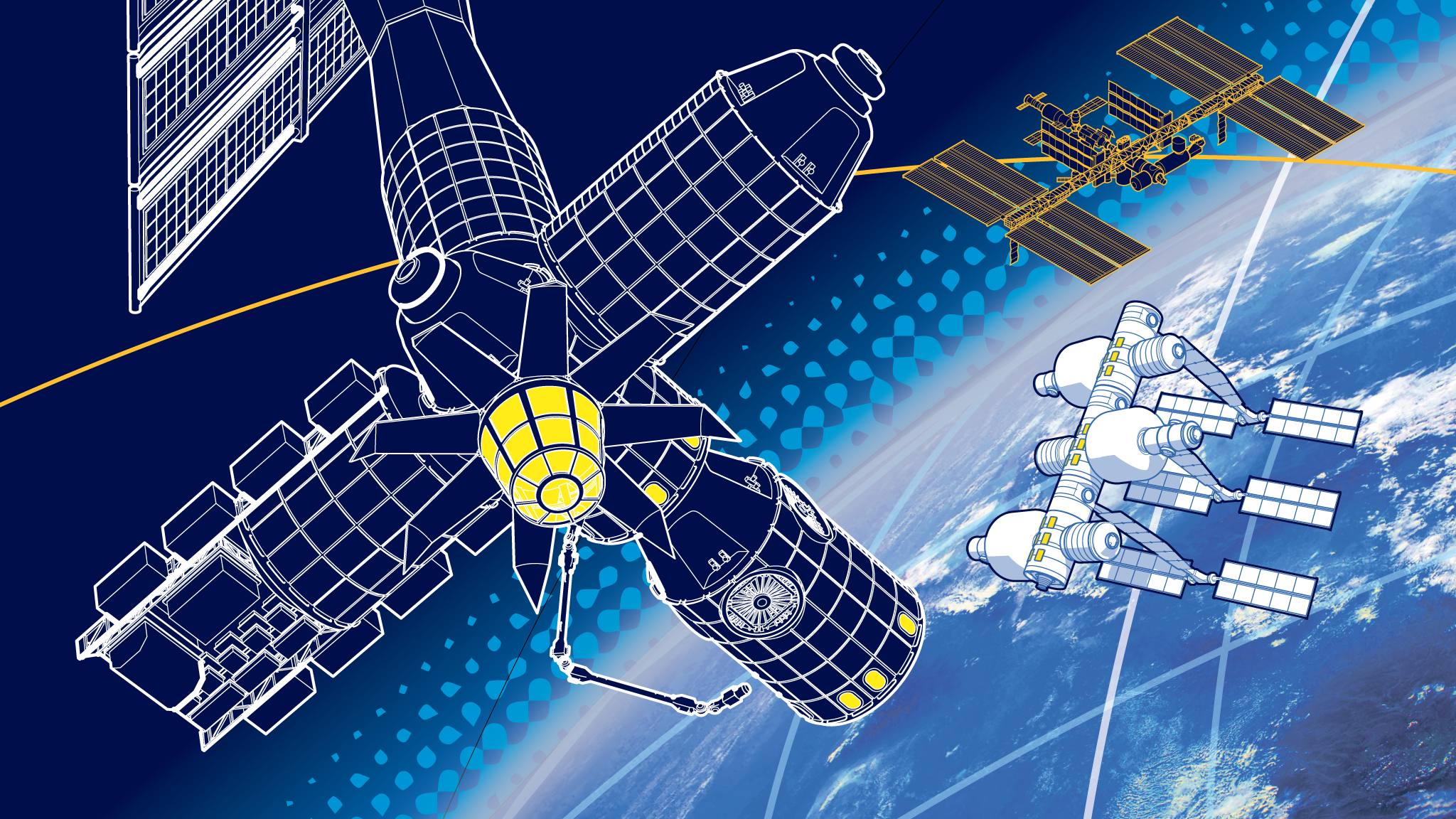Carlo Rovelli: ‘Science is not just about writing equations. It’s about reconceptualising the world’
Of all the big ideas floating around — long-termism, degrowth, space colonisation and so on — is any quite as radical as quantum physics?
For a century, physicists have known that the classical assumptions about the universe are incorrect — electrons do not orbit the nucleus of an atom, but exist in waves around it. So an electron can be in more than one place at once, until we observe it. Schrodinger’s cat is alive or dead: we can only know which by looking, which itself determines the answer. Why this is true is unclear.
This realisation is “almost psychedelic”, argues Carlo Rovelli, the Italian physicist who specialises in making complex ideas seem simple. Quantum physics has been used to develop semiconductors and lasers. But the first thing to understand is that you cannot truly understand it, because no one does.

Rovelli’s hope now is that popular culture absorbs the implications of quantum physics. Films such as Spider-Man: No Way Home and Everything Everywhere All at Once have tended to do so through the theory of many universes: that is, the solution to Schrodinger’s cat is that the cat is both alive and dead, as there are infinite universes, covering every possible outcome. Rovelli himself rejects the theory as “crazy”.
How is it possible for physicists to have such different interpretations? “Science is not just about writing equations and making predictions. It’s about reconceptualising the world. If you think what happened with Copernicus, the way we tell the story is that he understood that the Earth is spinning around the sun. But can you prove that the Earth is not the centre of the universe? No, you couldn’t make an experiment. The point is that, if you change your conceptual structure, everything starts making much more sense.” Similarly, black holes were predicted by Einstein’s equations, before they were detected.
Rovelli wants us to accept that certainty is often out of reach: “We’re never sure about anything.” Indeed, there is only one time in our conversation when he expresses certainty: when I ask whether we could be living in a simulation, as Elon Musk says is “most likely”. “No. Of that I’m sure. We’re not in a simulation. It’s a silly idea. Who is the simulator? Some guy?” The theory is that, with increased computing power, any species that could run a simulation of its ancestors would run many of them, so we cannot be sure we are not in a simulation. “Come on, have you played with AI? It’s completely different to real reality,” despairs Rovelli.
Uncertainty does not mean that all ideas are equally valid. “We don’t learn something more about reality by making absurd hypotheses and asking how they can be disproved. That’s stupid, because everything can happen and nothing can be disproved,” says Rovelli. “We learn more about reality by taking what we know and seeing what plausibly it implies.”
Fame came late to Rovelli, now 66. He started writing for a broad audience in his fifties; his 2014 book Seven Brief Lessons on Physics was a surprise hit. His path had been unusual. After a spell of hippie activism ended in failure, he applied to study physics at university partly because the queue was shorter than for other courses. “I went into science from the disappointment of the dream of changing the world.” But in science as in politics, he long felt outside the mainstream.
His particular contribution has been to loop quantum gravity theory, which posits that space itself is not continuous but granular and that the grains are woven together by loops (“the Financial Times was one of the first media that took it seriously”). It remains a theory. “I don’t know if I’m right or wrong. I’m more optimistic than 10 years ago . . . Most of our competitors are in trouble.”
If military spending is a waste of resources, what about space travel? “It’s like asking a soccer fan if building a stadium is a good use of resources! I wish humankind went seriously back to space travel. I was 13 when man went to the Moon, and it was obvious to me that when I was an adult I would have my own spaceship and go round the solar system.”
This story originally appeared on: Financial Times - Author:Henry Mance
























